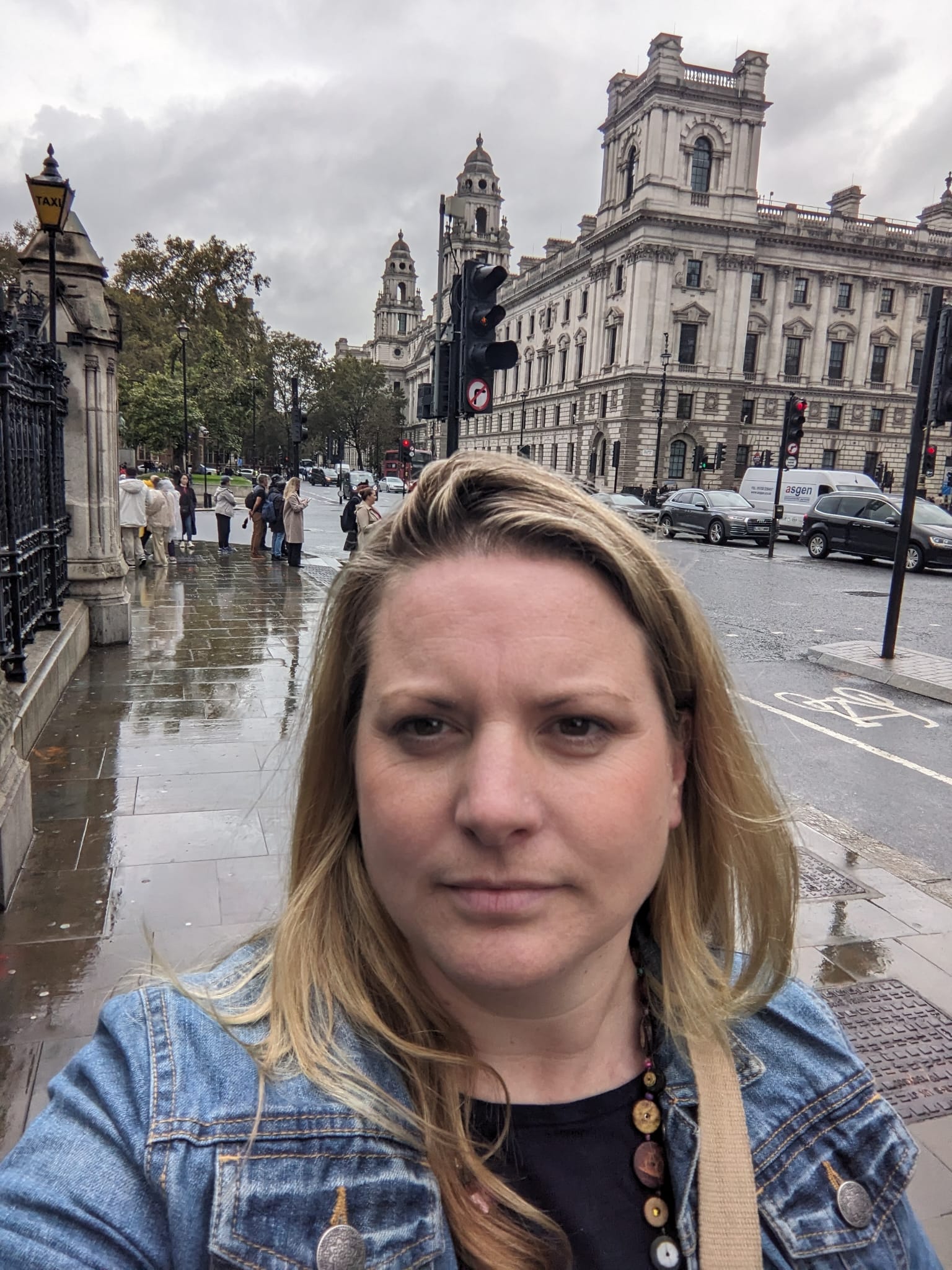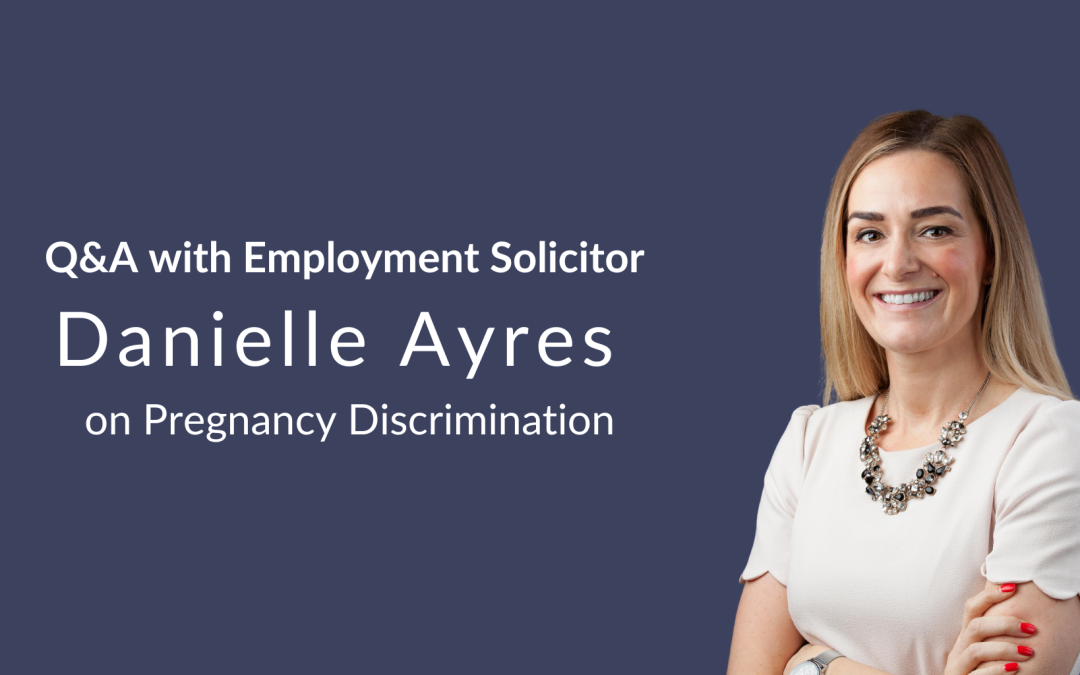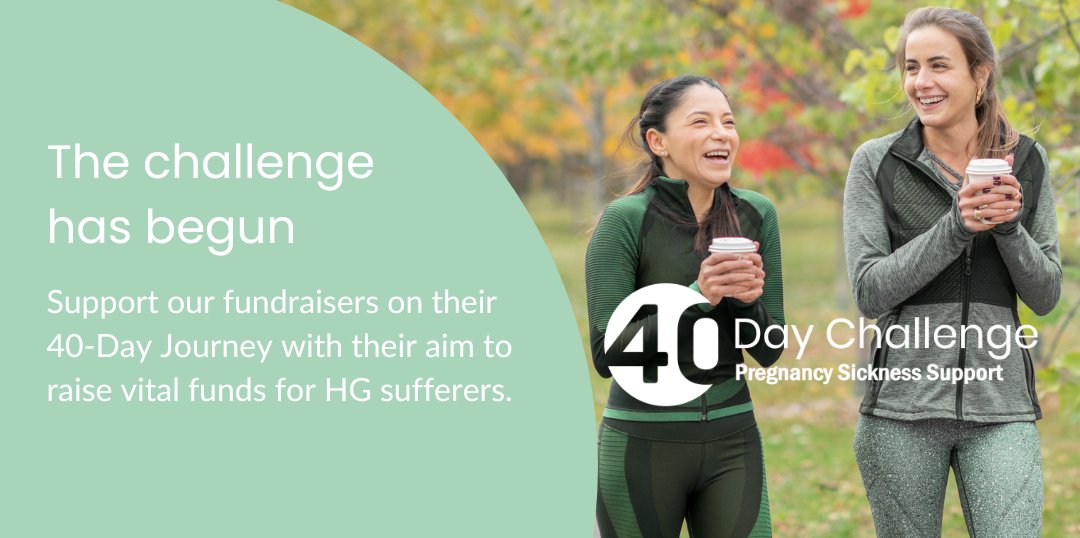This date is a moment in history: the first ever debate on Birth Trauma in the 222 year history of Parliament. And I was there. I sat amongst over 50 women in the viewing gallery who all came to bear witness and support this historic moment. It’s taken a few days to let the events percolate in my mind but I feel like it’s all landed now.
I attended the debate for 2 reasons: the first to represent Pregnancy Sickness Support, the small charity I work for; and the second was as a woman who has lived experience of birth trauma. I felt privileged to be sat amongst some other big hitters in the Birth Trauma world including Nikki from Make Birth Better, members of MASIC as well as those from Birth Trauma Association. The sense of solidarity was strong.
As we filed into the tiny pews that make up the viewing gallery, it seemed likely we would significantly outnumber those in the House itself and sure enough, as the previous event ended, there was an exodus of mostly men. Although understandable that some people had to leave, there was a sense of frustration or perhaps a collective eye roll from the spectators. We were all a bit nervous about what would be said, who would be there, would there be a ‘debate’ about whether Birth Trauma existed and what might the outcomes of the debate include.
Theo Clarke, MP for Staffordshire and Chair of the APPG for Birth Trauma courageously shared her lived experience of birth trauma and as she broke down in tears, a genuinely moving moment happened. In a moment of true humanness, the group of women seated close to Theo all held out their hands to support her, almost holding her up, while another close by offered to speak for a brief time to allow Theo to compose herself. The compassion and nurturing warmth those women showed each other during the debate was both moving and inspiring. Great things can happen when women hold each other up and this is just the start.
Another moment of solidarity came at the end of Theo’s speech when those of us in the viewing gallery burst into spontaneous applause, rising to our feet in support of the bravery and hard work of all those involved in the debate, only to be swiftly admonished by the staff who reminded us we were not to clap or stand and to remain quiet. It was a powerful moment and felt like our own piece of history by a group of strong women connected by trauma.
The debate continued in a truly positive and supportive way with contributions from both sides of the House and even Douglas Ross, MP for Moray contributed a partner’s perspective by sharing his experience of his wife’s traumatic delivery of their second child. Abena Oppong-Asare, Shadow Treasury Minister stated about birth trauma,
“It is an issue that has been in the shadows for too long.”
And so it seemed that all were in agreement. Birth Trauma is an issue that needs to be talked about not just in Parliament today but in maternity services, in homes, in society and in spaces where policy is made. There was brief mention of the disparities that continue to exist within Maternity services, although not nearly enough discussion around this given the recent MMBRACE report showing limited improvement in this really important area.
Maria Caulfield, Health and Social Care Minister, ended the debate with her speech in which she confirmed that in 2024, all Integrated Care Services will have a mental health service to deal with moderate to severe mental health difficulties. She sadly remained uncommitted to putting Birth Trauma into the Women’s Health Strategy in a meaningful way by simply suggesting it will be refreshed and reviewed soon so “watch this space”.
From a Pregnancy Sickness Support perspective, there was no mention of Hyperemesis Gravidarum as either a contributing risk factor to birth trauma or as a form of birth trauma. There was a clear focus on delivery as the point of injury but as those who have suffered HG know, the trauma can start long before labour. Many enter the final stages of pregnancy already depleted and exhausted, feeling misunderstood and dismissed by the very healthcare professionals who are supposed to care for them. It’s a vulnerable time for any woman or birthing person but to feel so emotionally fragile already adds another layer of complexity.
Maria Caulfield knows of the plight of HG sufferers though as earlier this year, following a debate brought by Sara Britcliffe, MP for Hyndburn, who shared the tragedy of one of her constituents, Jess and her baby Elsie, who sadly died as a result of HG last November. Following this debate, Ms Caulfield advised she has put HG onto the Women’s Health Strategy in it’s own right.
This is huge progress for this misunderstood condition and we are excited to see what actions come out of this although as Rosie Duffield, MP for Canterbury said on Thursday, we see “Action plans but no actions” all too often in the maternity world. We would like to see HG being explicitly included in descriptions of Birth Trauma as well as understanding from Healthcare professionals that it needs consideration, treatment and compassion.
In whatever form HG appears in the Women’s Health Strategy, either as part of Birth Trauma or just on it’s own as it is presently, we are keen to see what actions can make a difference to those currently suffering and to improve pathways for care to ensure no woman faces HG alone and without the care and support of Healthcare Professionals.



